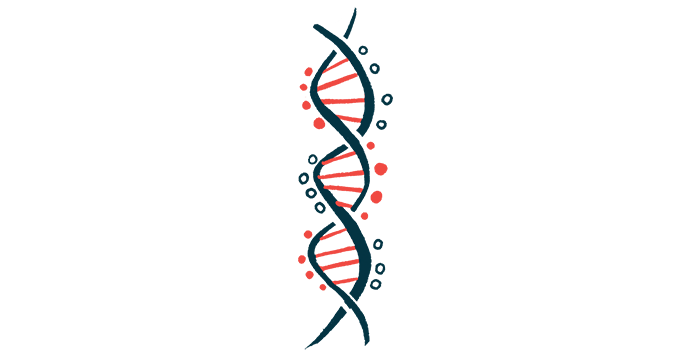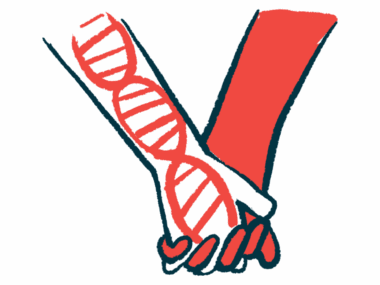RSRT Joins Consortium to Speed Work on New Gene Therapies
Written by |

The Rett Syndrome Research Trust (RSRT) has joined the new Accelerating Medicines Partnership (AMP) Bespoke Gene Therapy Consortium (BGTC), which is working to speed the development of gene therapies for rare diseases.
Launched in October 2021, the consortium is the latest AMP initiative — and the first focusing on rare diseases. The RSRT is the second disease-specific advocacy group to join BGTC, after CureDuchenne, which is seeking treatments for a type of muscular dystrophy.
“Having a seat at the Bespoke Gene Therapy Consortium table to represent Rett syndrome and the unique gene therapy challenges around neurological disorders is an honor and special privilege,” Randall Carpenter, MD, the chief medical officer at RSRT, said in a press release.
Running for five years with a $76.5 million budget, the consortium brings together the resources of public, private, and nonprofit sectors.
The AMP is a public-private partnership between the National Institutes of Health (NIH), the U.S. Food and Drug Administration, pharmaceutical companies, and patient organizations.
“Collaborating with this distinguished group of scientists, industry representatives, and regulators allows RSRT to more effectively navigate the gene therapy landscape, and shape the considerations and decisions that will affect the Rett syndrome community and the companies pursuing curative therapeutics for Rett,” Carpenter added.
Gene therapies can be used across many diseases to provide patients with a healthy copy of a mutated gene. They can be tailored, or “bespoke,” for even a single patient — hence the name of the consortium.
Currently, most gene therapies involve the use of adeno-associated viruses (AAV), which are modified in the lab to not cause disease, as gene delivery vehicles. However, the development process is complex and slow due to a lack of standardized manufacturing and regulatory standards.
“The Bespoke Gene Therapy Consortium aims to solve existing problems for the gene therapy field collaboratively, providing alignment on requirements for successful development across companies and disorders,” said Jana von Hehn, PhD, the senior director of research and clinical strategy at RSRT.
The consortium will support several research projects and clinical trials, all to be conducted by the NIH, aimed at developing new gene therapies. It will foster a generation of new tools for the clinical development and regulatory evaluation of AAV-mediated gene therapies.
By promoting collaboration between different players, and the creation of a standardized development platform, the BGTC hopes to speed the delivery of gene therapies for rare genetic diseases, such as Rett syndrome.
“This collaborative approach will create transparency around methodology and regulatory requirements, and should reduce cost and streamline the ability to use AAV as a delivery technology, ultimately expediting curative therapeutics for Rett syndrome,” von Hehn added.
According to the trust, the advances stemming from the consortium will benefit each of the six major curative strategies supported by the RSRT, since all rely on the effective targeting of mutations in the MECP2 gene, the cause of the majority of Rett cases.
The strategies being pursued by RSRT include approaches such as gene replacement, gene editing, MECP2 reactivation, and protein replacement.
Taysha Gene Therapies, which is developing TSHA-102, an experimental gene therapy to deliver a functional version of the MECP2 gene, is a member of the consortium. Preclinical data support the gene therapy’s potential to safely and effectively normalize levels of MeCP2 — the protein coded by the MECP2 gene.
RSRT is supporting 16 curative therapeutic programs, which are being developed by seven biopharmaceutical companies and eight academic institutions.






